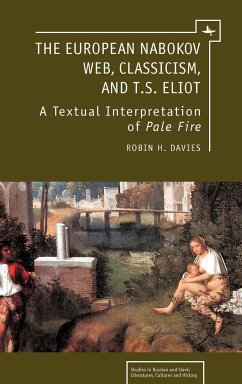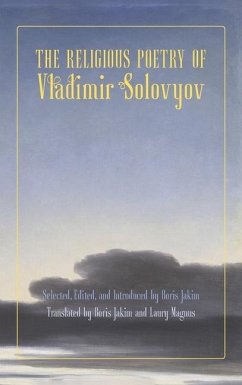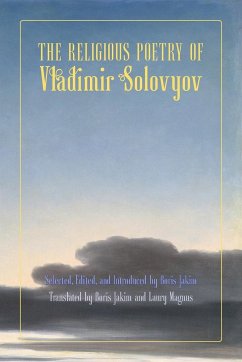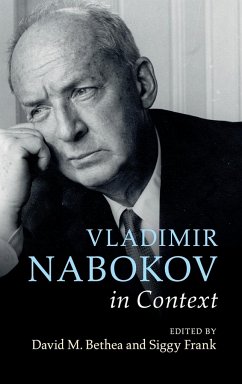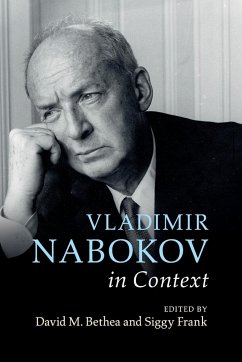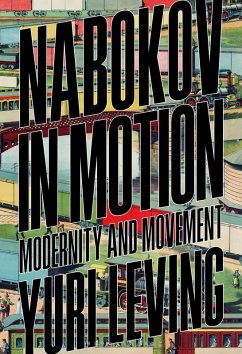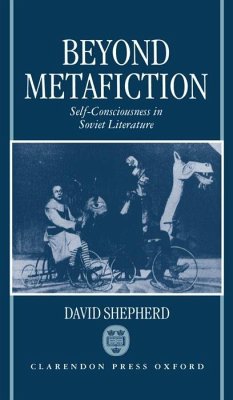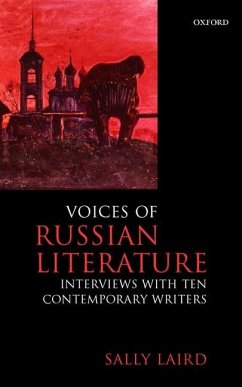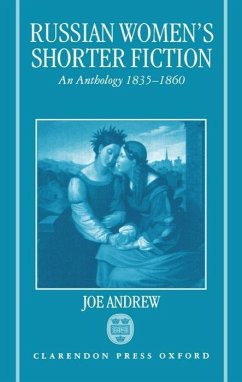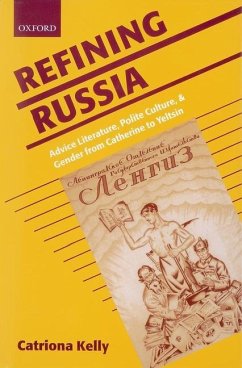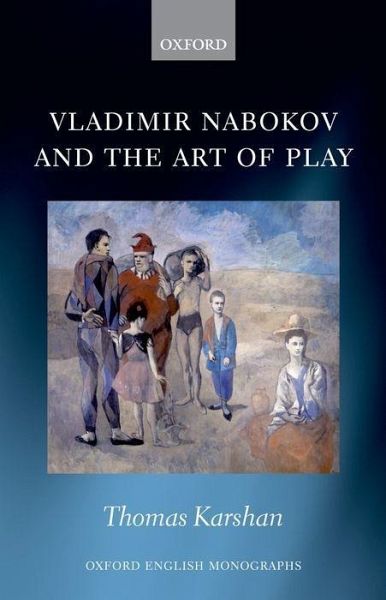
Vladimir Nabokov and the Art of Play
Versandkostenfrei!
Versandfertig in 1-2 Wochen
161,99 €
inkl. MwSt.

PAYBACK Punkte
81 °P sammeln!
In a 1925 speech, Nabokov declared that 'everything in the world plays', including 'love, nature, the arts, and domestic puns.' Thomas Karshan draws on early writings and archival material to argue that play is Nabokov's signature theme, and that his novels form one of the most sophisticated treatments of play ever achieved.





